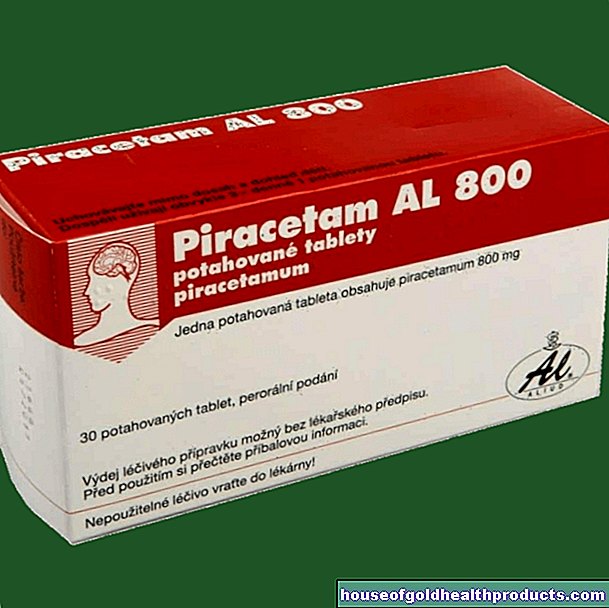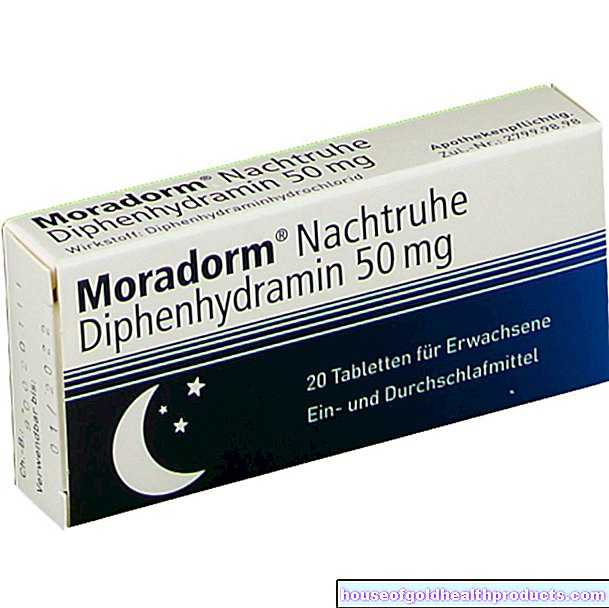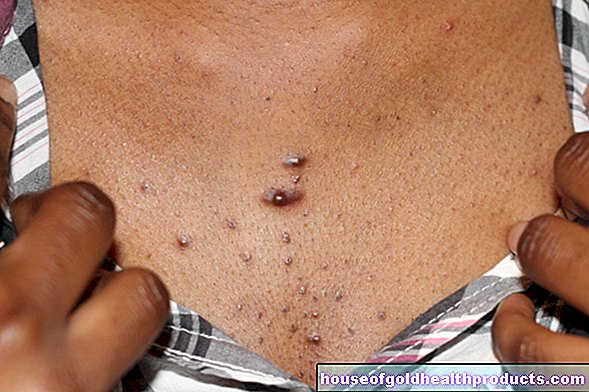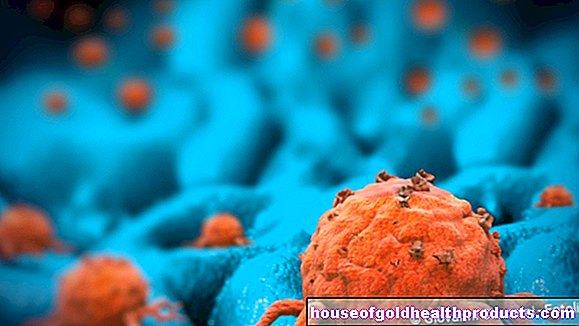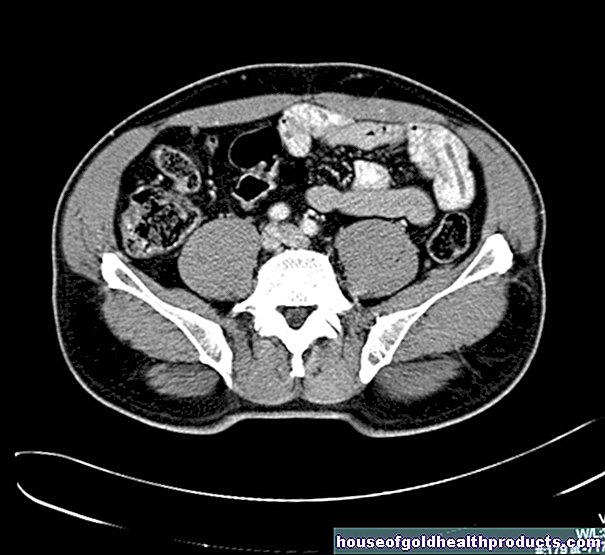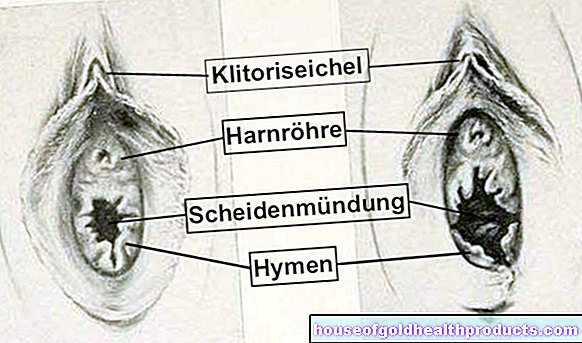Diabetes: Glimmer of Hope for a Cure
All content is checked by medical journalists.MunichBeta cells are the body's insulin factories. If they function poorly or perish, diabetes develops. Researchers have now succeeded in substituting other cells in the pancreas to produce insulin. This has already worked in diabetic mice.
For the experiment, Luc Bayens and Michael S. German first injected mice with a substance that causes the beta cells in the pancreas to die. As a result, the animals developed the typical symptoms of diabetes - their blood sugar levels rose.
Reprogrammed cells
Five weeks later, the researchers implanted tiny pumps in the rodents, which continuously fed two different signaling substances, so-called cytokines, into the animals' bloodstream over a period of seven days. The substances were epidermal growth factor (EGF) and ciliary neurotrophic factor (CNTF). As a result, the insulin and blood sugar levels of the mice normalized - an effect that lasted until the end of the study after eight months.
More detailed analyzes showed that the cytokines had reprogrammed certain cells in the pancreas. The so-called acinar cells, which normally produce digestive enzymes, now take over the function of the beta cells: They register the blood sugar level and produce appropriate amounts of insulin. This is the first time the researchers have succeeded in reprogramming acinar cells into beta-cell-like cells in living animals - a completely new approach to the treatment of type 1 diabetes or forms of type 2 diabetes associated with weakened beta cell function.
Hope for new therapy
"Type 1 diabetics would benefit considerably from the therapeutic possibility of developing new beta cells," explains Baeyens, head of the study. To this end, appropriate active ingredients would have to be found that trigger the transformation of human pancreatic cells without causing serious side effects. The greatest challenge, however, is that the autoimmune reactions that lead to the destruction of the beta cells are also stopped. Otherwise, the newly programmed insulin factories could also be attacked immediately. “Despite the encouraging results, we are still a long way from being used in clinical practice,” explains the scientist. (cf)
Source: Luc Baeyens: Transient cytokine treatment induces acinar cell reprogramming and regenerates functional beta cell mass in diabetic mice, Nature Biotechnology 32, 76-83 doi: 10.1038 / nbt.2747
Tags: prevention alternative medicine gpp





